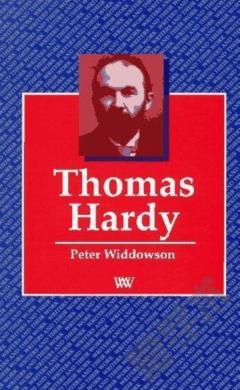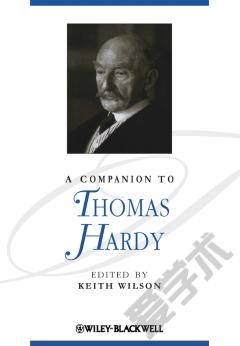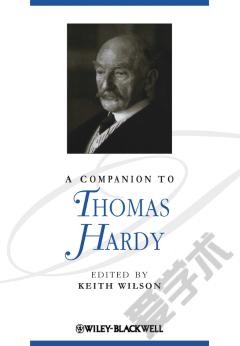The Technique of Thomas Hardy
In the case of Hardy, the reader must often wonder whether he was a deliberate structural artist, whether the occasional greatness of his work was not rather the result of a technique which came to him, as we say, by inspira tion, and whether indeed the unfailing charm of his work, in whatever degree of greatness, is not something inde pendent oi questions of technique. Technique is but one of several factors determining the appeal of any writer; and Hardy with his frequent obliviousness to art is a greater novelist than James with his unceasing vigi lance. Moreover, questions oi technique are so inti mately bound up with questions of philosophy and subject-matter that they cannot be considered altogether in isolation. But structural art is a more important matter than it has been generally considered; the work of Hardy, like that of Meredith, suffered decidedly from the typical Victorian indifference to it. And the moral of our present study will be derived in large part from technical considerations; we shall be mainly concerned with whatever principles of composition, consciously held or followed instinctively, we can find in Hardy's novels.
{{comment.content}}








 京公网安备 11010802027623号
京公网安备 11010802027623号